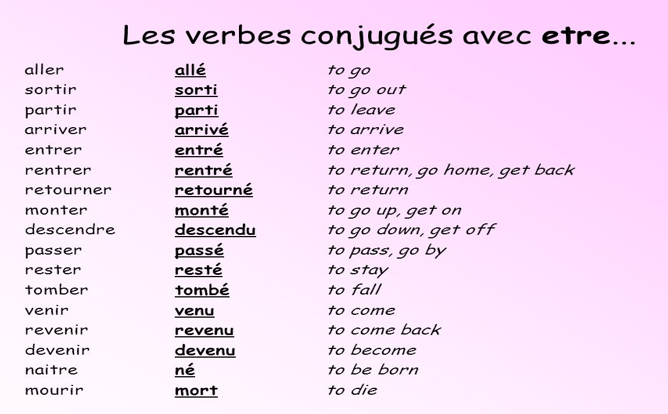What are the most important things when you start learning a language?
Let your French learning journey begin with this Vocabulary unit. What are the most common verbs in French ? You need vocabulary to express clearly your ideas and opinions. And you also need verbs. Verbs are very important to learn in every language.
You may ask what are the most used verbs in French?
There are plenty verbs in French!
Not even a native French speaker knows all the verbs in French so there is no need to know all of them. But You must start to memorise some of the simple verbs.
Don’t forget to check out all our French lesson classes to be able to conjugate verbs at French Lessons Australia.
What are the most commonly used verbs in French?
The bad reputation of the French conjugation is largely undeserved!
It is true that there are a large number of the forms.
But it is the same in many languages. Moreover, most of these forms are predictable.
For example to make the past compound forms it is sufficient to have the following three pieces of information in order to form them correctly:
The form of the past participle of the verb; the auxiliary used and the conjugation of these two auxiliaries.
Today in this French learning we are going to develop the most common verbs in French
The 50 most used verbs in French
In English
In French
If you would like to know how to conjugate all of them; just click here to speak French with us at French lessons Australia.











